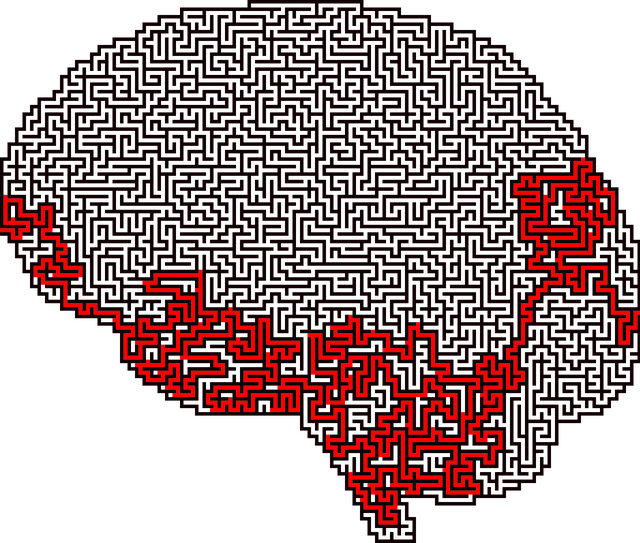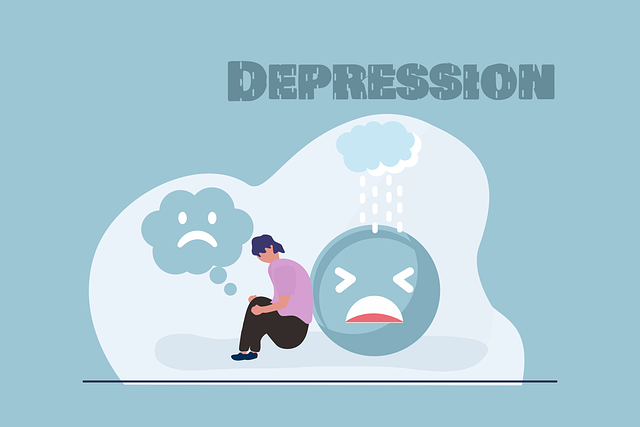In today's digital age, mental wellness app development is crucial for addressing growing emotional well-being concerns. Apps like Parker Self-Esteem Therapy pioneer this field by leveraging technology for effective therapy and mental health awareness. These apps offer convenient access to resources, promote emotional well-being, foster mental resilience, and empower users with mind over matter principles. With self-esteem as a key focus, they enhance therapeutic effectiveness while navigating ethical challenges like data privacy. Future trends include interactive solutions like AI-driven sessions and virtual reality exposure therapy, promising improved accessibility and outcomes for users' mental health journeys.
Mental wellness apps are gaining traction as a crucial tool in addressing growing mental health concerns. This article explores the dynamic landscape of app development in this sector, focusing on innovative solutions like Parker Self-Esteem Therapy. We delve into key aspects, from understanding the rising demand to examining ethical considerations and market trends. By highlighting effective features and the transformative potential of apps like Parker, we navigate the future of wellness tech, offering insights for developers and users alike.
- Understanding Mental Wellness App Development: A Growing Need
- The Role of Self-Esteem in Digital Therapy: A Case for Parker Self-Esteem Therapy
- Key Features and Components of Effective Mental Wellness Apps
- Ethical Considerations, Market Trends, and Future Prospects for Wellness Tech
Understanding Mental Wellness App Development: A Growing Need

In today’s fast-paced world, mental wellness app development has emerged as a critical need to address growing concerns around emotional well-being. With the rise of digital technologies, there is an increasing demand for accessible and personalized solutions that cater to various mental health challenges. Apps like Parker Self-Esteem Therapy are leading the charge in this space, leveraging innovative platforms to deliver effective therapy and promote mental health awareness.
Mental wellness apps not only provide convenient access to resources but also employ emotional well-being promotion techniques and mind over matter principles to empower users. These digital tools offer a range of benefits, from stress reduction and anxiety management to self-improvement and overall mental resilience. As the market for such applications continues to expand, developers have an opportunity to make a significant impact on global mental health initiatives.
The Role of Self-Esteem in Digital Therapy: A Case for Parker Self-Esteem Therapy

Self-esteem plays a pivotal role in digital therapy and mental wellness app development. It’s a foundational aspect that can significantly impact an individual’s overall well-being and engagement with therapeutic tools. Apps like Parker Self-Esteem Therapy are designed to address this crucial component, integrating evidence-based practices to help users cultivate positive self-perception and resilience. By focusing on self-esteem, these platforms aim to enhance the effectiveness of digital therapy, making it more accessible and engaging for a diverse user base.
In today’s fast-paced world, mental health challenges are on the rise, prompting the need for innovative solutions. Parker Self-Esteem Therapy, coupled with comprehensive Healthcare Provider Cultural Competency Training and Public Awareness Campaigns Development, can foster an inclusive environment that caters to different cultural backgrounds and needs. Additionally, incorporating Compassion Cultivation Practices within these apps encourages users to develop empathy and kindness towards themselves and others, further strengthening their therapeutic journey.
Key Features and Components of Effective Mental Wellness Apps

Mental wellness apps have emerged as powerful tools to support users’ emotional well-being. Effective apps like Parker Self-Esteem Therapy go beyond basic features, incorporating diverse components to cater to various mental health needs. Key features include personalized therapy sessions tailored to individual user profiles, allowing for a unique and engaging experience. These apps often utilize interactive exercises, such as journaling prompts and mindfulness activities, to encourage self-reflection and emotional regulation.
Additionally, successful mental wellness apps emphasize the integration of burnout prevention strategies and self-care practices. They may offer features like tracking progress over time, setting achievable goals, and providing educational content on stress management techniques. By combining therapeutic exercises with proactive self-care reminders, these apps empower users to take charge of their mental health and cultivate a more positive mindset.
Ethical Considerations, Market Trends, and Future Prospects for Wellness Tech

The development of mental wellness apps has gained significant traction, reflecting a growing market demand for accessible and personalized therapy solutions. As users increasingly turn to digital platforms for support, developers face crucial ethical considerations regarding data privacy, informed consent, and the potential for misdiagnosis or misinformation. Ensuring transparency and user safety is paramount, especially when addressing sensitive topics like self-esteem (Parker Self-Esteem Therapy) and trauma (Trauma Support Services).
Looking ahead, wellness tech is poised for further integration into daily life, with trends suggesting a move towards more personalized, interactive, and holistic solutions. Apps incorporating Empathy Building Strategies and Social Skills Training could play a pivotal role in fostering connected communities and promoting mental resilience. Future prospects include advanced AI-driven therapy sessions, immersive virtual reality experiences for exposure therapy, and seamless integration of wellness apps into existing healthcare systems, ultimately enhancing accessibility and outcomes for individuals seeking support for their mental health journeys.
Mental wellness apps are revolutionizing digital therapy, addressing a growing need in today’s digital era. As market trends indicate a surge in mental health app usage, developers must focus on creating effective tools like Parker Self-Esteem Therapy that prioritize user experience and ethical considerations. By integrating key features and adhering to evolving standards, wellness tech can foster better mental health outcomes for users worldwide.














